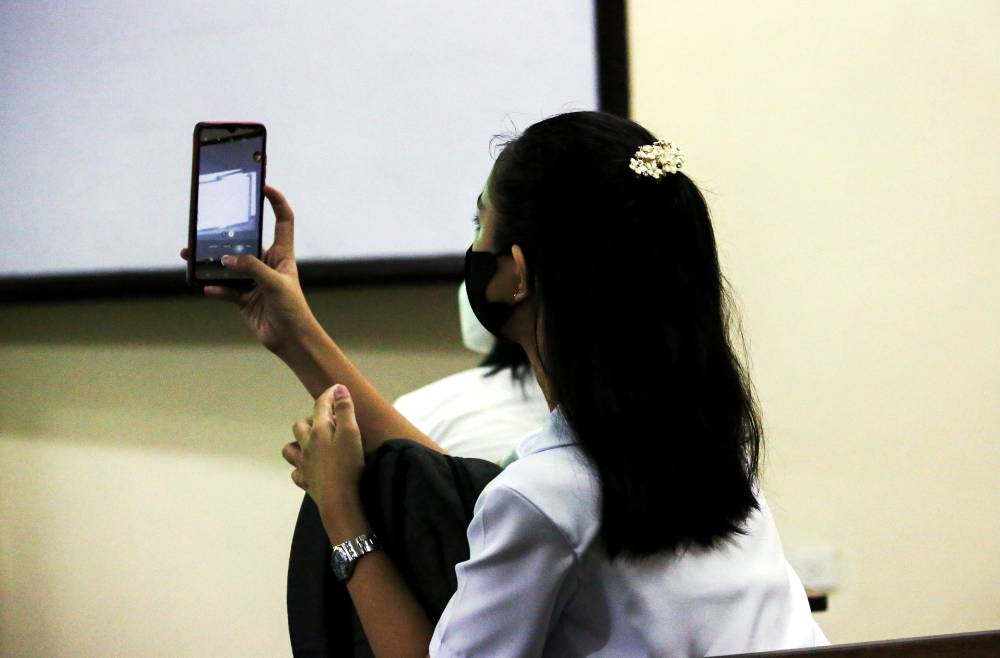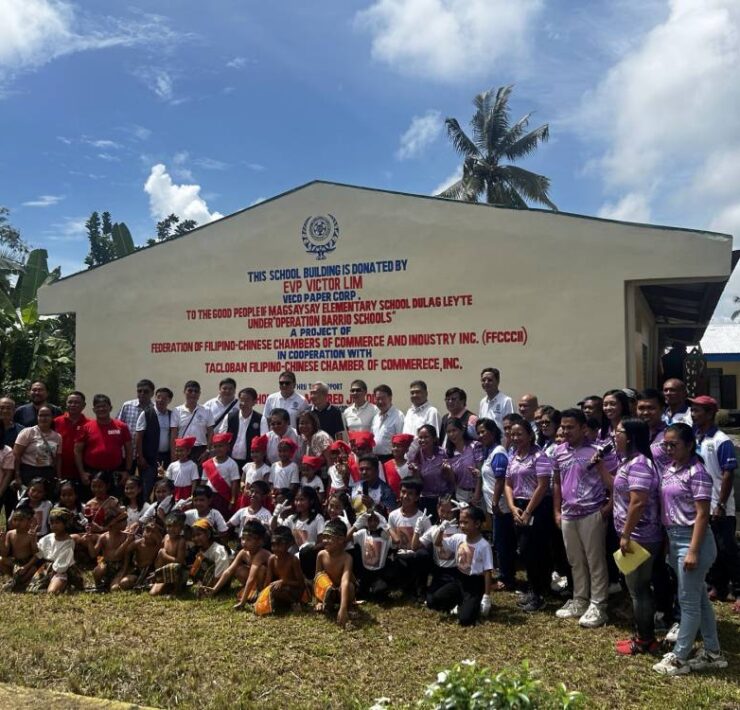8 in 10 Pinoys back ban on cell phones in schools

Nearly eight out of 10 Filipinos or 76 percent were in favor of a proposal to ban cell phones in schools, according to a Pulse Asia survey commissioned by Sen. Sherwin Gatchalian.
The survey conducted from June 17 to June 24 involved 1,200 adult respondents nationwide.
“An overwhelming majority of Filipinos across all socioeconomic classes also support a cellphone ban in schools, with the strongest support from Class ABC (80 percent). Seventy-six percent of respondents from D support a cellphone ban in schools, while 71 percent from class E support the proposal,” Gatchalian said in a statement.
The survey also showed that 80 percent of the respondents from the National Capital Region agree with the suggested ban, as well as 79 percent from Balance Luzon, 61 percent from Visayas, and 81 percent from Mindanao.
On the other hand, 13 percent of the respondents said they disagree, while another 11 percent said they could not say whether they were against or in favor of the proposal.
Clear benefits
For Gatchalian, the survey results show that Filipinos see the benefits of such a ban since the distraction due to cellphone use in schools is linked to poorer learner performance.
He cited an analysis of the 2022 Programme for International Student Assessment by the Senate committee on basic education, which he chairs, that revealed eight in 10 Filipino learners age 15 reported being distracted in class by their smartphones, while another eight out of 10 also said they were distracted by other students using smartphones.
Exemptions
In June, Gatchalian filed the Electronic Gadget-Free Schools Act (Senate Bill No. 2706), which seeks to prohibit mobile devices and electronic gadgets among kindergarten to senior high school students during classes.
“It’s clear that our countrymen support our proposal to ban the use of cell phones in schools especially during class hours because it affects their studies. That’s why we’ll continue to push for the measure,” he said.
Gatchalian earlier said he believed mobile phones reduce the reading, study and social time of students, noting that they waste a lot of time on social media.
He added that his bill was in line with his bid to encourage more Filipinos to read books.
In the bill’s explanatory note, Gatchalian acknowledged that mobile devices and electronic gadgets could be compelling educational tools although these might also become distractions that could adversely impact learning.
Some exceptions, however, were provided for the use of cell phones like in classroom presentations or class-based learning activities or during emergencies, field trips and activities outside the school. Also exempted were students with health conditions that require the use of mobile devices and electronic gadgets.
Errant public and private schools will face penalties that will be determined by Department of Education while students will be sanctioned according to their schools’ respective policies. INQ





















